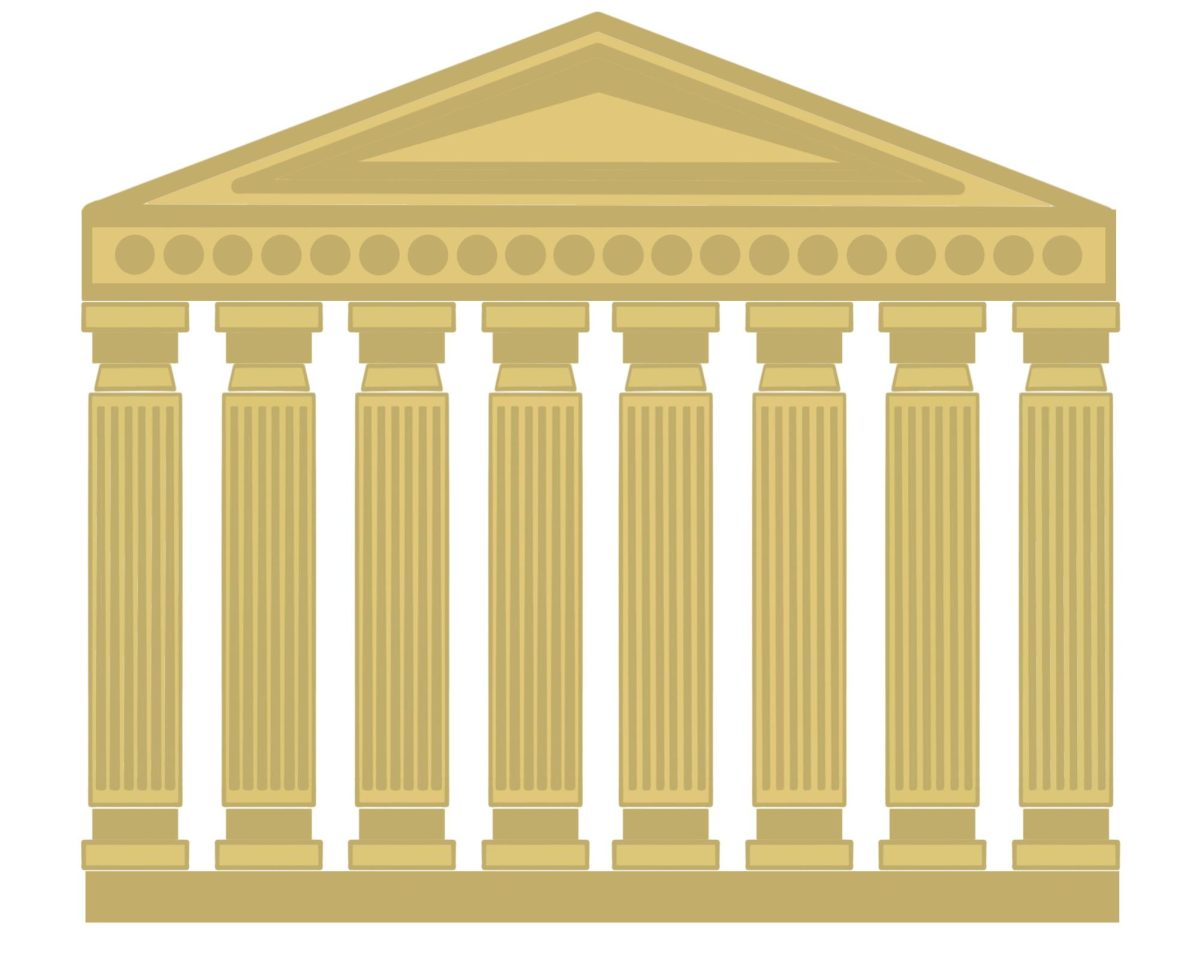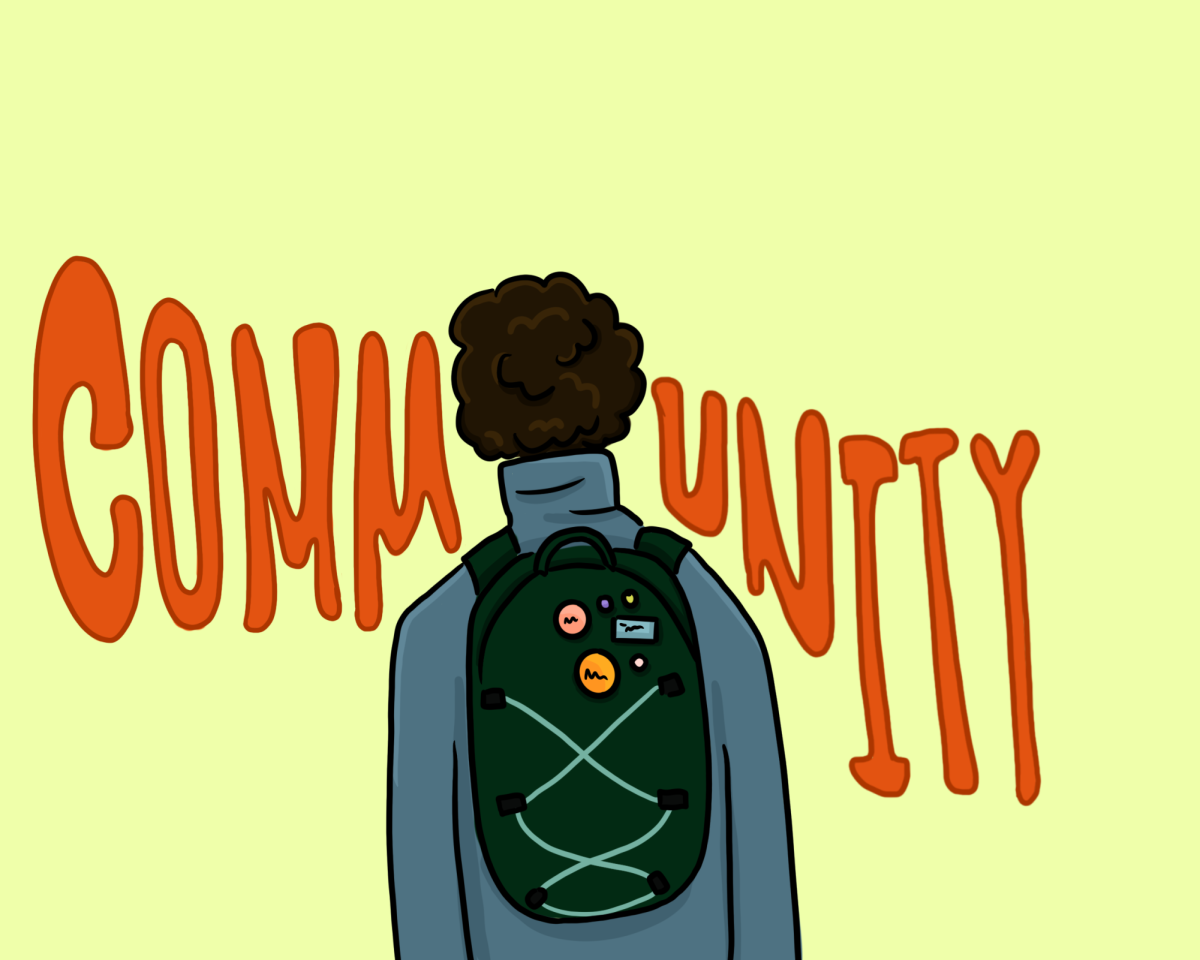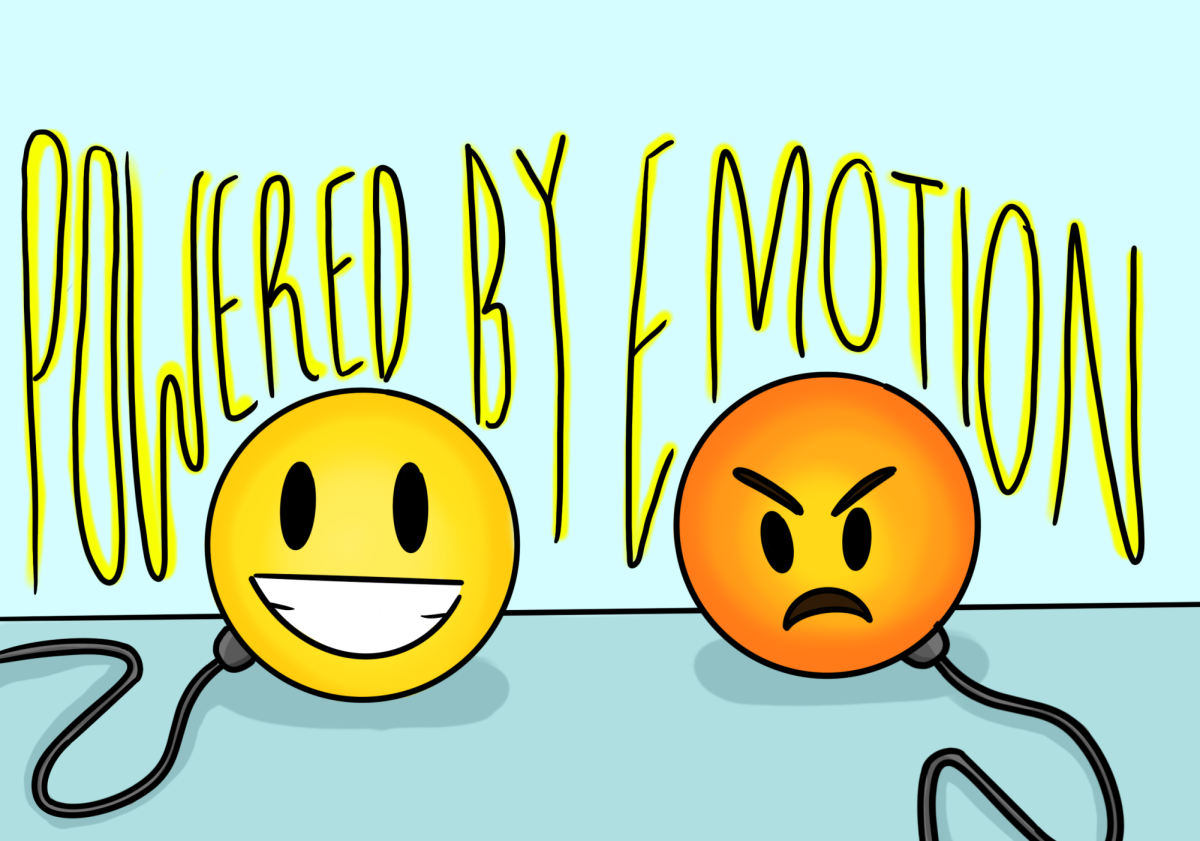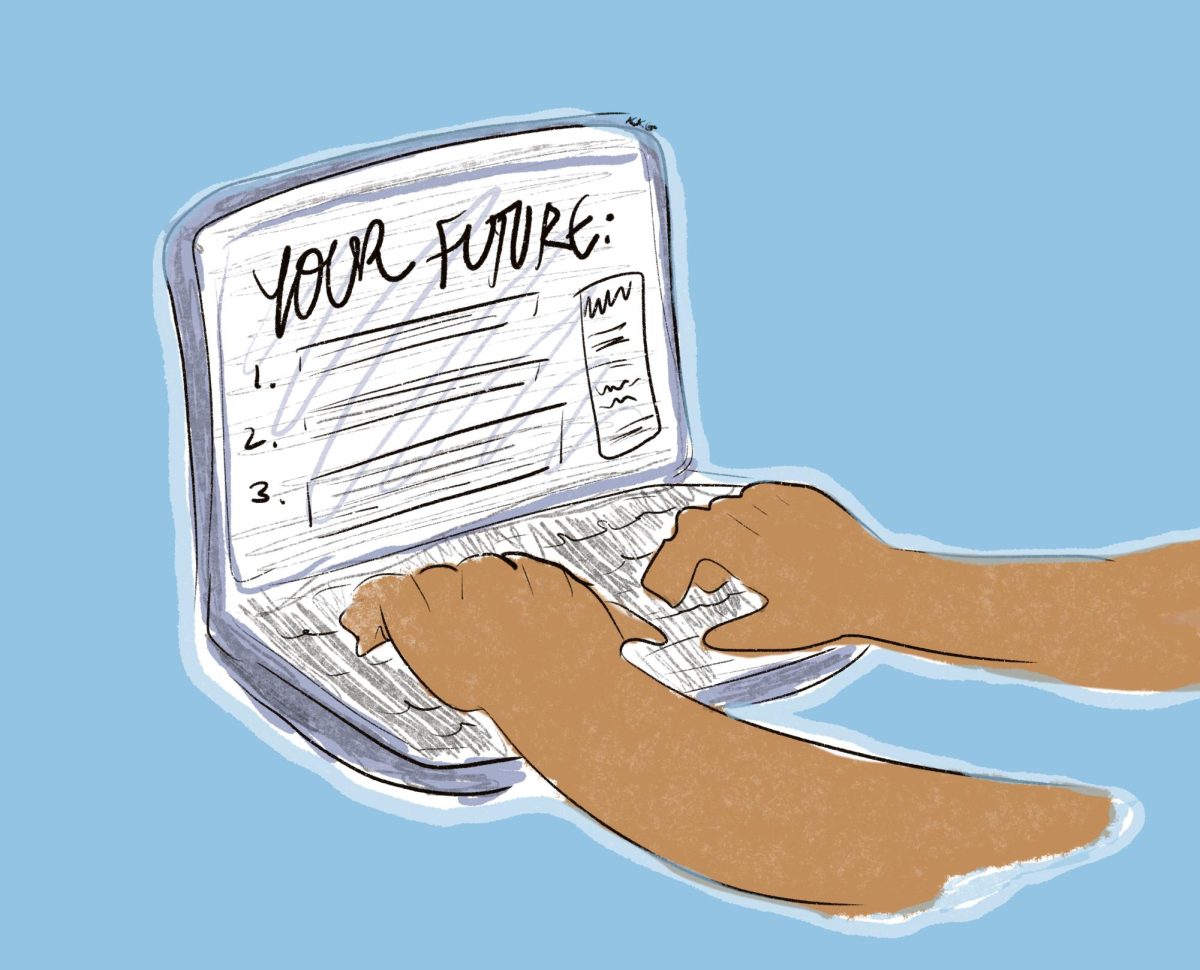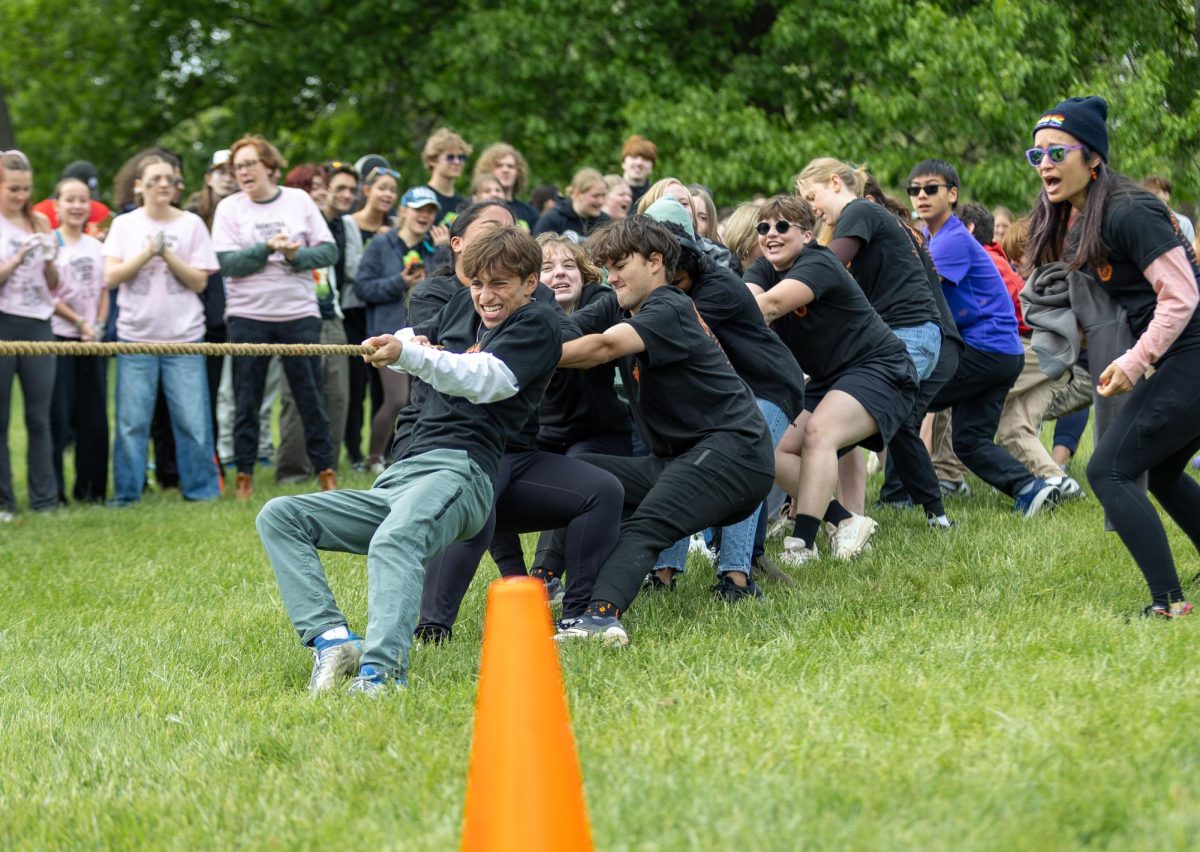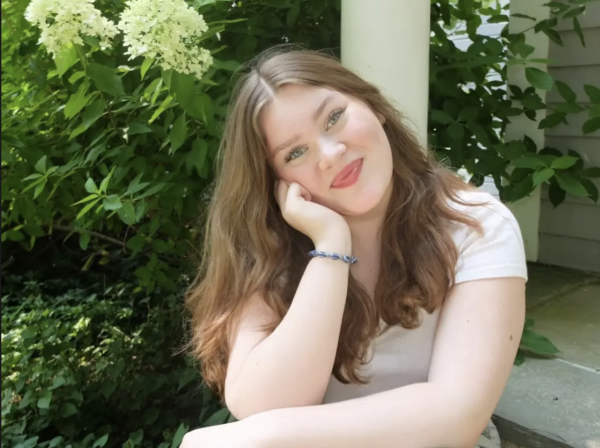Well-being is an intricate tapestry to which Colleen Greene has devoted her 28 years at the University of Michigan to unraveling. As a senior health coordinator, Greene has had the opportunity to learn more about well-being beyond the physical and mental and has coined “The 8 Pillars of Health.” These pillars weave a personalized blueprint applicable to anyone.
“The 8 Pillars of Health” include physical, emotional, mental, environmental, financial, occupational, social, intellectual and spiritual.
The creation of the pillars required dedicated work and the usage of nationally-recognized research from various facilities. The concept of the eight pillars has been around since the late 1980s, proving its credibility and accuracy with almost 40 years of application.
“It is so important to know that every bit counts,” Greene said. “The whole point of the pillars of health is that they’re supposed to be individualized.”
Each pillar is interconnected to another: well-being flourishes when it’s nurtured in its entirety. As you delve into these pillars, Greene finds it important to consider how each thread of this intricate tapestry can be tailored to your own narrative of health and fulfillment.
Physical wellness extends beyond exercise, encompassing managing medical needs, nutrition and sleep, among other things. In order to be physically healthy, research tells us that it’s essential maintain every aspect of our bodily health.
The emotional and mental pillar can be one of the most important, especially to high school students, though it can also be a challenge to take care of. Greene encourages those in need to reach out for help. Stress management, healthy relationships, self-awareness and more, are all crucial keystones to mental and emotional health.
The environmental pillar emphasizes creating safe, healthy and sustainable spaces. It may take some trial and error to figure out what you need from your environment, but nurturing this pillar benefits overall wellness.
As people – especially students – our financial situation can be a foreign responsibility. Regardless, it’s essential to learn financial literacy and assess your finances, especially during the transition to adulthood.
Occupational wellness revolves around career satisfaction, work-life balance and financial stability. High school students can explore career paths, set goals and seek experiences that prepare them for fulfilling future careers.
Social well-being focuses on healthy relationships, effective communication, respect and inclusion. We can nurture this aspect of our well-being by developing social skills and assessing our connections with other people.
Intellectual wellness stretches well beyond school; it also ties in lifelong learning and exploration of interests. Staying curious is one of the best ways to get the most out of this pillar.
According to Greene, spiritual well-being takes on many shapes and forms. It covers broader horizons than religion, encouraging individuals to find purpose in life, explore passions and goals and discover motivation to pursue passions.
“The 8 Pillars of Health” offer a comprehensive approach to wellness that can be applied to anyone’s life, including high school students.
ENVIRONMENTAL
Nina Beals has experienced various environmental changes over the past year, including a new school and job. These changes have entailed immense personal growth and taught Beals more about connection and what she needs from her environment to be successful. From her experiences, Beals knows what she needs from her environments to best support her environmental well-being.
FINANCIAL
Wilson Zheng emphasizes necessity in regard to financial well-being. Employed at Sweetwaters, Zheng is saving money for college and other costs. He expresses gratitude toward his access to transportation, food, somewhere to live and enough money to support himself.
SOCIAL
Freshman Ella Weinberger moved to Michigan about one year ago, where she initially attended Rudolf Steiner. Now enrolled at CHS, Weinberger has had the opportunity to make more connections given the amount of unscheduled time in comparison to Rudolf Steiner. As a result of the growth of her social well-being, Weinberger has noted a generally positive effect on her mental health.
OCCUPATIONAL
Currently working two jobs, Tia Cocciolone understands the impact that a positive work environment can have. “Working is a lot more fun when I feel comfortable in the environment,” Cocciolone said. She advises all high school students to be aware of how their work environment may have an impact on their occupational well-being.
INTELLECTUAL
Cassidy McKenna was previously homeschooled for two years. Due to her unique experiences with different education methods, McKenna understands how to best support her intellectual well-being and understands that some people need different things to be supported. “Right now, I am enjoying some of the topics in school, and I am enjoying the curriculum…but if people don’t enjoy the curriculum then it’s probably not the intellectual journey that would be the best for them.”
SPIRITUAL
Regarding her spiritual well-being, Lila Sarnecki harnesses her drive and motivation for future success from the fear of failure. Sarnecki wants to make her family proud while providing for herself and her future children. “I want my children to have more opportunities than I did, and for them to know that failing is okay because they’ll have the backup option,” Sarnecki said.
PHYSICAL
CHS counselor Brian Williams has sparked a new interest in physical well-being. Recently, Williams has witnessed the people around him experience various ailments, which have motivated him to intensify his preventative fitness measures. “If I feel physically better, it will help me feel mentally better,” Williams said, “When we feel better about ourselves, everything’s better.”
EMOTIONAL & MENTAL
Claire Theiss has learned the value of therapy and emotional-mental well-being through experience. “Right now, I am in a space that is so much better than I could have imagined a couple of years ago,” Theiss said. They believe everyone should try therapy and it’s surprising how far this one resource can take you.



